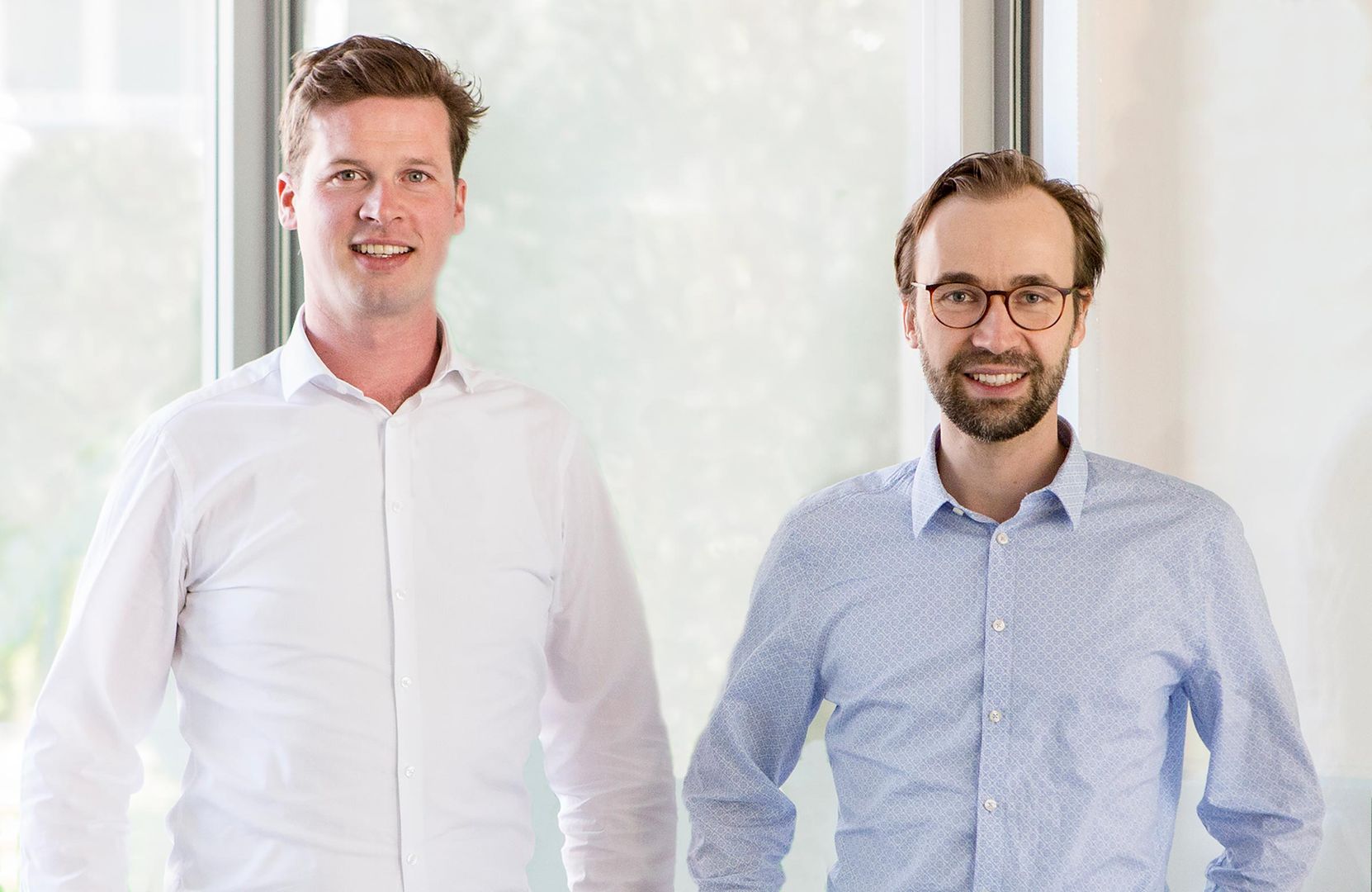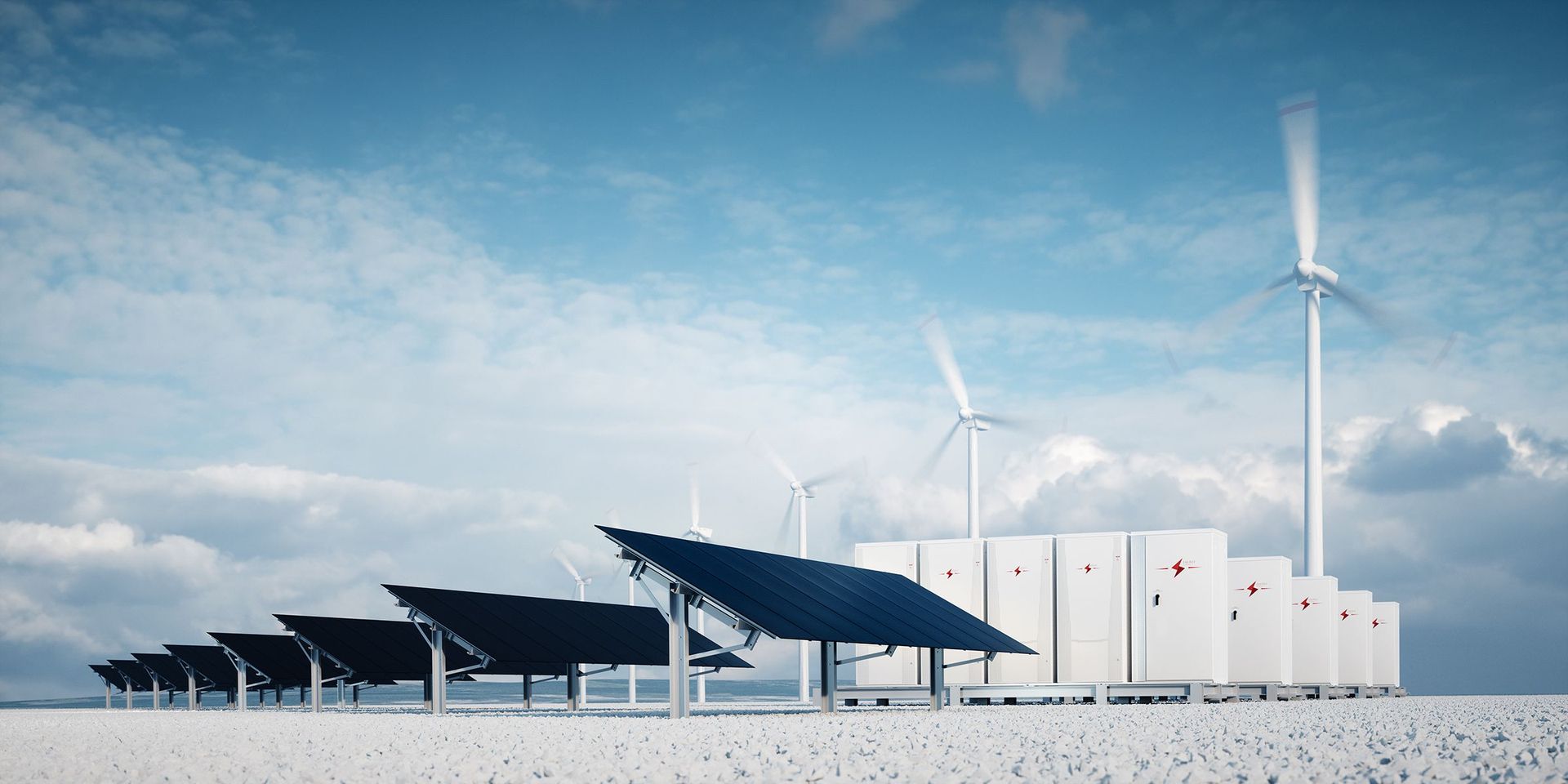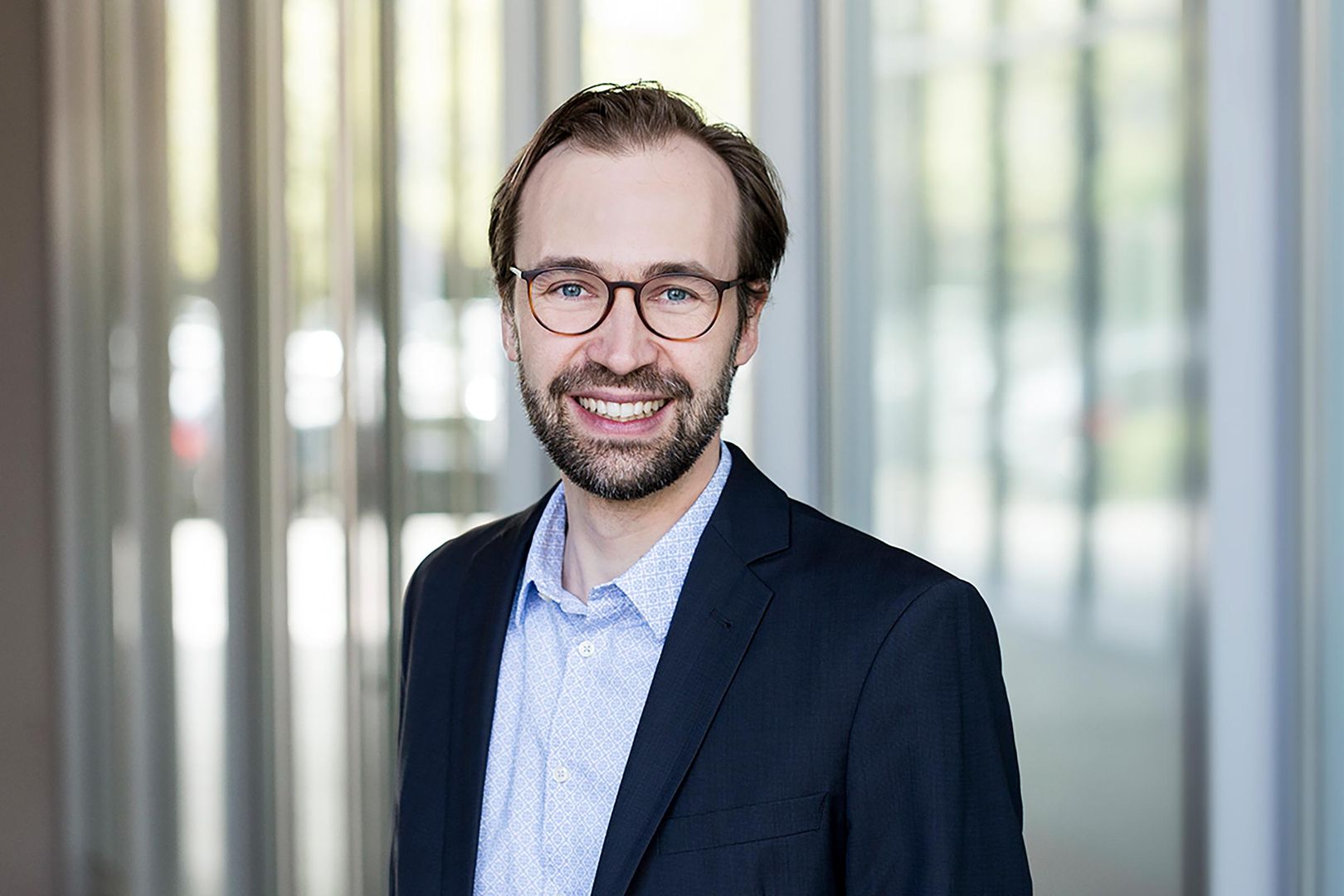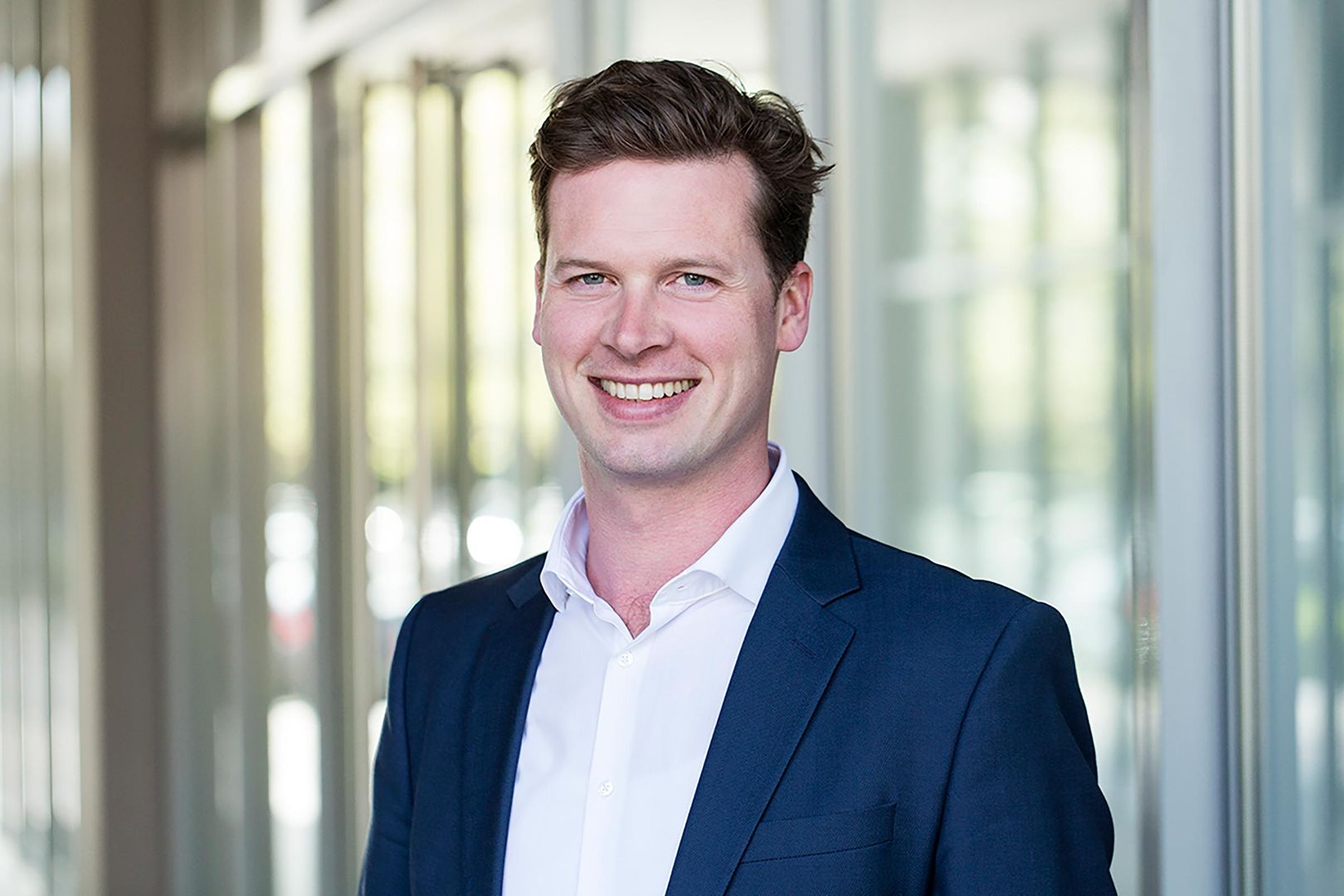If you want change, you need the courage to change
Hendrik Sämisch and Jochen Schwill, founders and CEOs of Next Kraftwerke, on the partnership with Shell Renewables & Energy Solutions

We founded Next Kraftwerke in 2009 – with a small team and little capital, but with a great vision for an energy supply beyond coal and nuclear power. Back then, we never expected that many of these visions would already become reality within ten years. By this, we don't just mean the fleet of networked renewables in our pool, which has grown into one of the largest Virtual Power Plants in the world. Especially the role of renewables has changed – from being the underdog to becoming the central pillar of our future power supply.
Renewables have not just set new generation records, they are also getting increasingly cheaper: New photovoltaic and wind power plants today often generate power more economically than new conventional power plants and are thus also becoming less dependent on support. An important step for the renewable sector – and also for the strategic development of Next Kraftwerke. Only by adapting our business model to the changing circumstances, we will be able to accompany our long-standing partners on their further journey.
A concrete example shows what this means: Many green power pioneers joined our VPP for trading their electricity. After being subsidized for 20 years, they are now dropping out of the German subsidy system. We would like to enable these long-standing customers to continue operating their plants economically. This works within PPA contracts, which regulate the purchase of electricity, sometimes for many years in advance. To offer such long-term contracts, the trader, i.e. us, has to deposit securities in the millions to secure the electricity supply – sums that only large corporations can provide.
As part of Shell Renewables & Energy Solutions, we can now take this next step and continue the work of the last ten years. However, our decision is not only focused on the German market. Internationally, we can now leverage networks and synergies that have grown over time, enabling us to share our expertise and technology and thus ensure that the energy transition proceeds more quickly in other parts of the world as well. VPPs are a key technology in the energy transition. By supporting their construction and operation worldwide, we are providing highly needed solutions for forecasting weather-dependent feed-in, ensuring grid stability, and many other use cases for a smooth interplay of renewables and their integration into the electricity markets.
By the way, these new possibilities are not accompanied by any concessions: We still aim at a 100% renewable energy supply and have not moved away from this goal by a millipercent. Some people will ask why we are relying on a partner from the conventional energy sector. Our simple answer: We believe that every Euro invested in the energy transition is a good Euro and brings us closer to our goal of a sustainable energy supply. If we really want to succeed in reducing greenhouse gas emissions by 50% by 2030, we need the big players in the energy industry to invest their capital in sustainable projects. This is a challenging process, as it means questioning business models that have been practiced for years.
Read more
A small anecdote illustrates how far this process has already gone: About ten years ago, we attended a conference in Düsseldorf that dealt with the question of investing in renewable energies. At the time, a leading manager of a major German energy supplier strongly advised not to invest into renewable energies. In his view, climate change was not man-made, but the result of increasing solar activity, as evidenced by the increase in sunspots.
Such a statement would be inconceivable today. Hardly anyone in the energy industry questions the fact that humankind is the main cause of climate change. This also affects the economy: Many corporations are onliged by law – or are voluntarily committing themselves – to reducing greenhouse gases and becoming climate-neutral over the next decades. In addition, the role of traditional energy companies is also changing. They need to transform their business and develop new business models to become sustainable.
At Shell, this transformation process is in full swing: The Group is investing billions in green technology and aims to become the world market leader in renewable energies. By supporting what is probably the company's biggest realignment, we have the opportunity to advance the transformation within the system and play an important role in shaping it. Incidentally, we are in good company here: Innovative greentech companies such as Sonnen, Ubitricity and Limejump have also decided to partner with Shell for scaling their groundbreaking concepts in line with the global energy transition.
Of course, we are also a little bit wistful as we leave our role as a start-up. But we are taking the disruptive energy that has always defined us into the next chapter. We are convinced that as part of Shell's New Energies division, we can change our energy system for the long term and we will do our best to achieve this.




